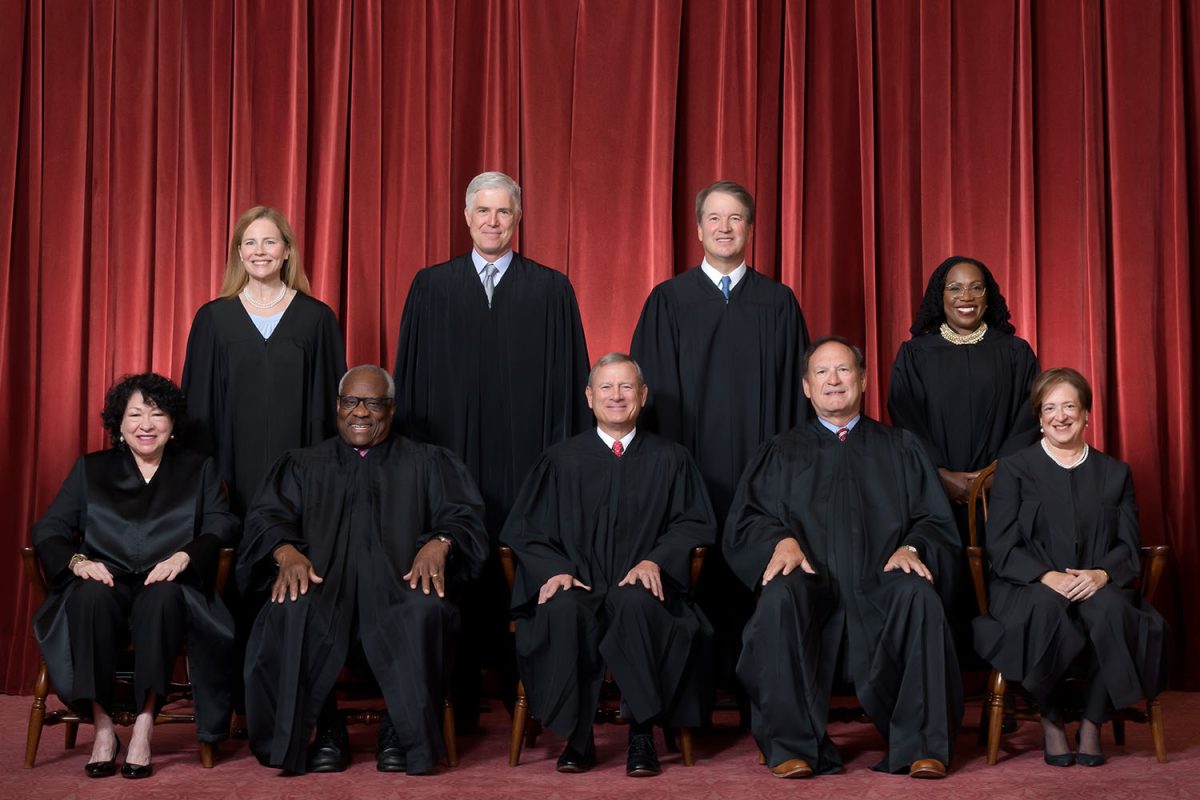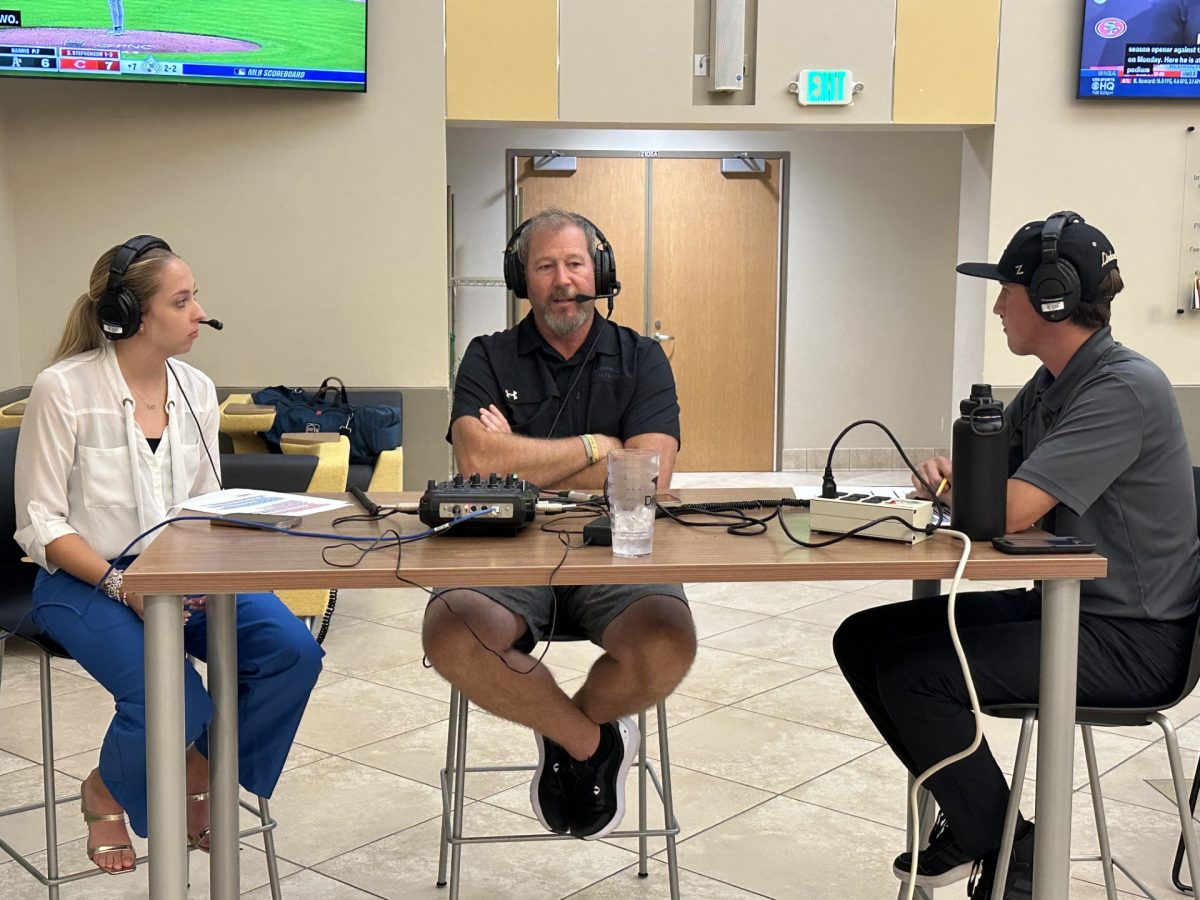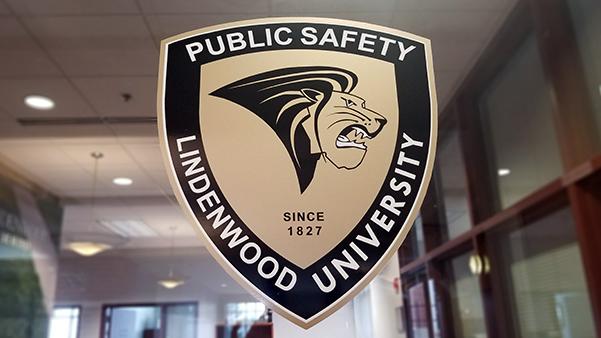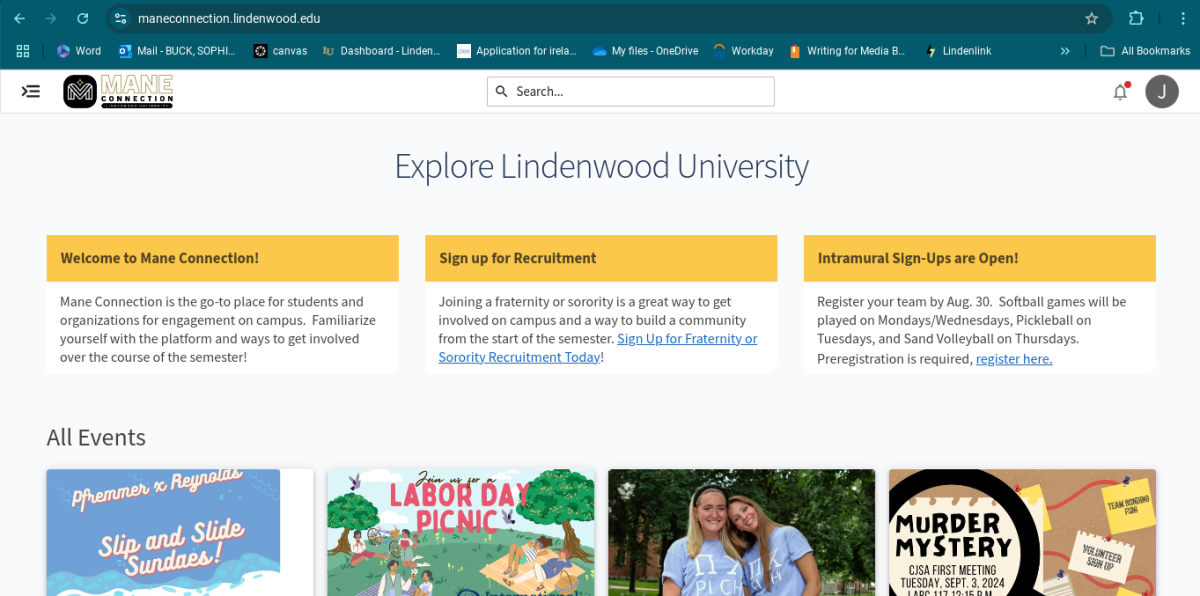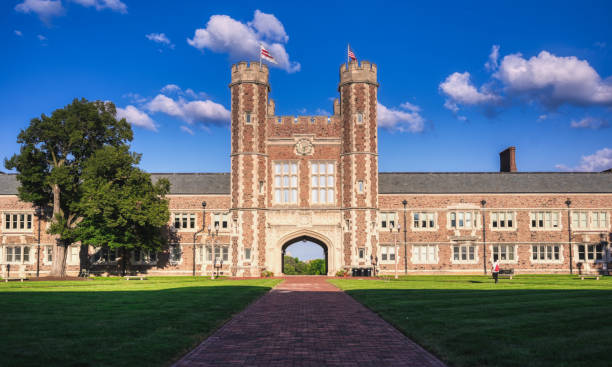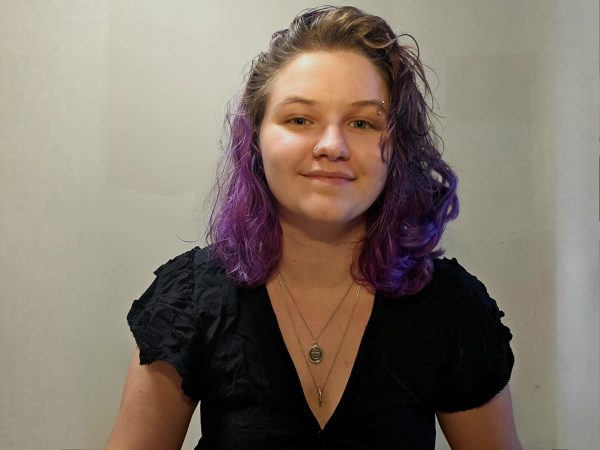March 18, 2024, marked the start of the hearing of Missouri vs Murthy in the Supreme Court on social media censorship.
In 2022, the Attorney Generals of Missouri and Louisianna filed the initial lawsuit stating that the federal government pressured social media sites to restrict more conservative opinions online. This case stated that the federal government used pressure to restrict freedom of speech through social media platforms such as Facebook and the site formerly Twitter, now known as X.
The Missouri Independent stated that the main concern was “specifically target[ing] conservative speech […] across a range of topics — from the efficacy of vaccines to the integrity of the 2020 presidential election.”
This case has now been passed down to the current MO Attorney General, Andrew Bailey.
“In a free society, the debate between opposing viewpoints should be played out in the marketplace of ideas. Our right to free speech is the bedrock of our great nation. I’m proud to be standing in the gap to protect our right to free speech on several fronts in the war for the soul of our country,” Bailey said.
The Supreme Court began hearing the case on Monday, March 18, 2024. In lower courts, cases like this have ruled in favor of republican states, meaning they allowed for more freedom of speech over social media sites for conservative opinions. However, these rulings are put on hold while the Supreme Court hears the case and makes its decision.
How the government and government officials interact with social media and restrict it is a new situation. Many cases similar to the Missouri restriction on censorship have been making their way to courts. Some restrict government officials’ ability to manage their followers on social media others prohibit companies like Facebook from taking down posts even if they are deemed harmful.
The main sides of the argument are simple. Biden’s administration and social media platforms began to halt or take down information they viewed as harmful or egregious during the pandemic.
Politico said that the reason for these restrictions and censorship is to “take down purported disinformation about COVID vaccines and election fraud.” However, the other side has pointed out that freedom of speech includes opinions an individual dislikes or is inherently untrue. The Supreme Court must decide if American citizens’ freedom of speech as granted by the First Amendment includes information that can be harmful and false.
Currently, the Supreme Court Justices seem opposed to the plaintiff’s argument of coercion from the Federal government. As of March 18, Justice Samuel Alito stood alone in feeling that the contact between federal officials and social media sites was unjust and coercion. Alito said to the press present for the hearing, “[the federal government] is treating Facebook and these other platforms like they’re subordinates.”
Other Justices disagreed. Multiple pointed out that it is commonplace for government officials to call newspapers, publications, and media sites about information they find untrue or harmful. This included Justice Elana Kagan admitting to the courtroom, “I have had some experience encouraging the press to suppress their own speech.” Kagan said this happens numerous times in a single day.
As of March 20, 2024, there is no verdict and the case is set to have a verdict by the end of June.
“I have such a problem with your brief, counselor. You omit information that changes the context of some of your claims, you attribute things to people who it didn’t happen to… I don’t know what to make of all of this,” Justice Sonia Sotomayor said.
While this case had favorable rulings in state courts, the Supreme Court seems less likely to rule in favor of the plaintiff.
Many political analysts and even the Justices have pointed out that this issue cannot be viewed as separate from everything else. The United States government is not monolithic, it does not act as separate entities but is numerous parts of one bigger institution. If the Supreme Court were to limit how the federal government interacts with social media sites, it would also restrict how smaller government parties can interact with social media such as police departments or state governments.
If the federal government is no longer allowed to demand false or harmful information be taken off the internet, then police officers would also be unable to demand videos or messages of a hateful or harmful nature be removed.



